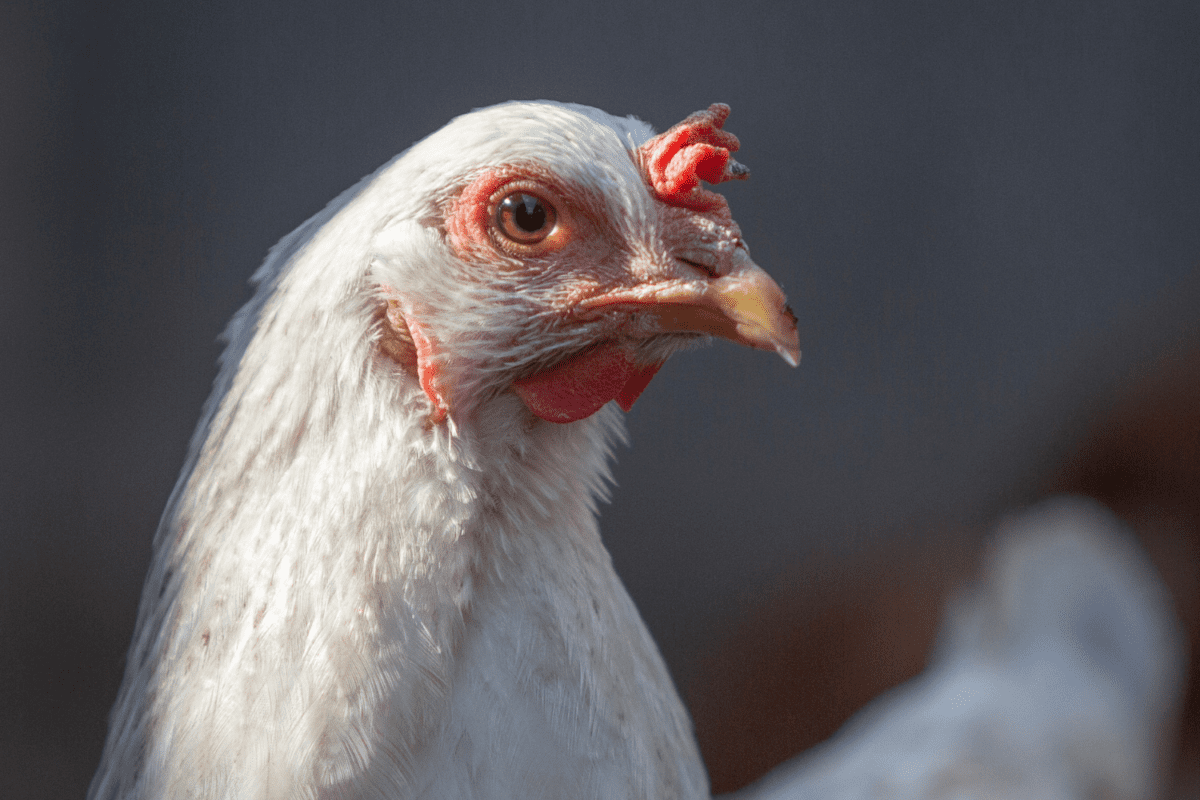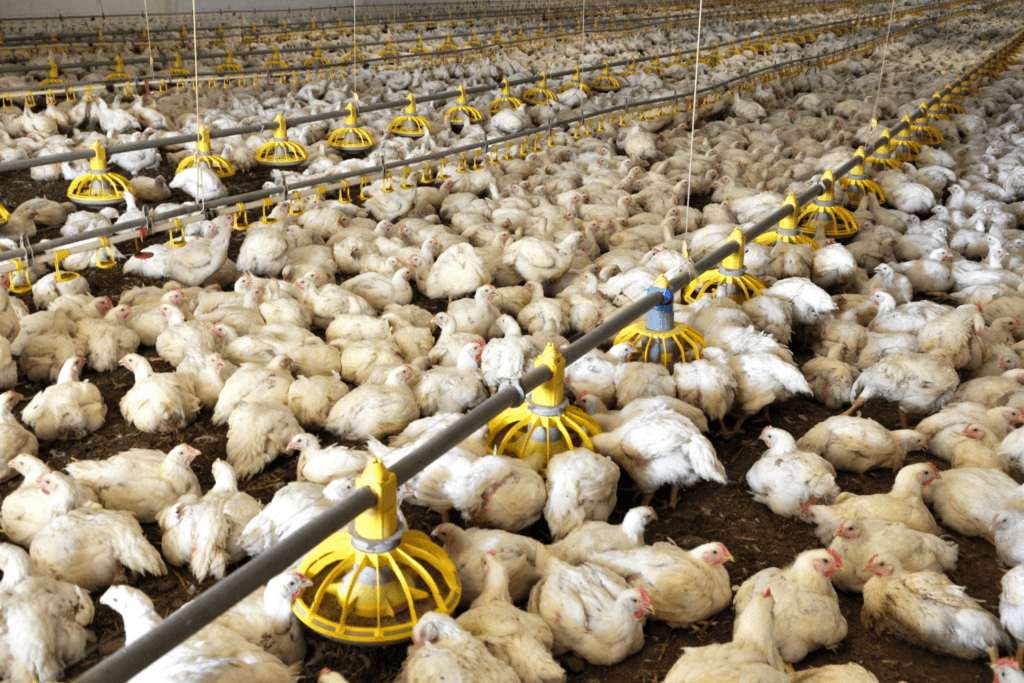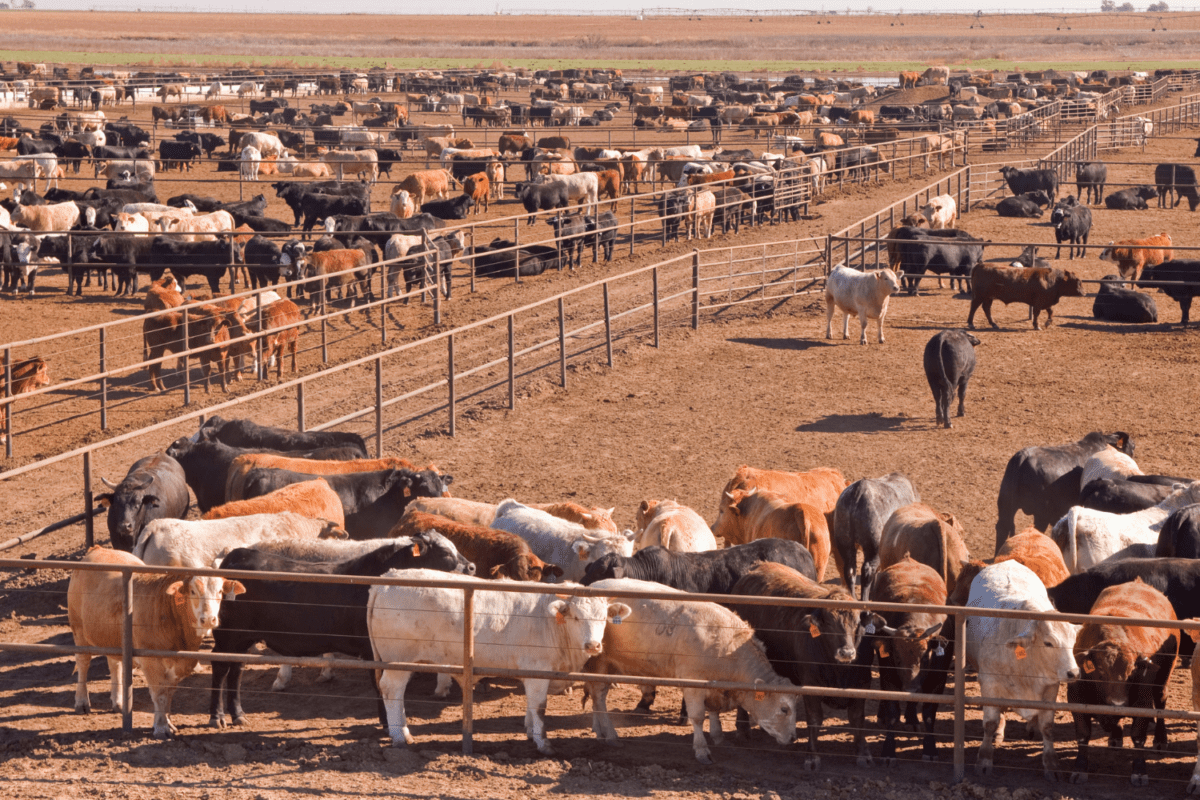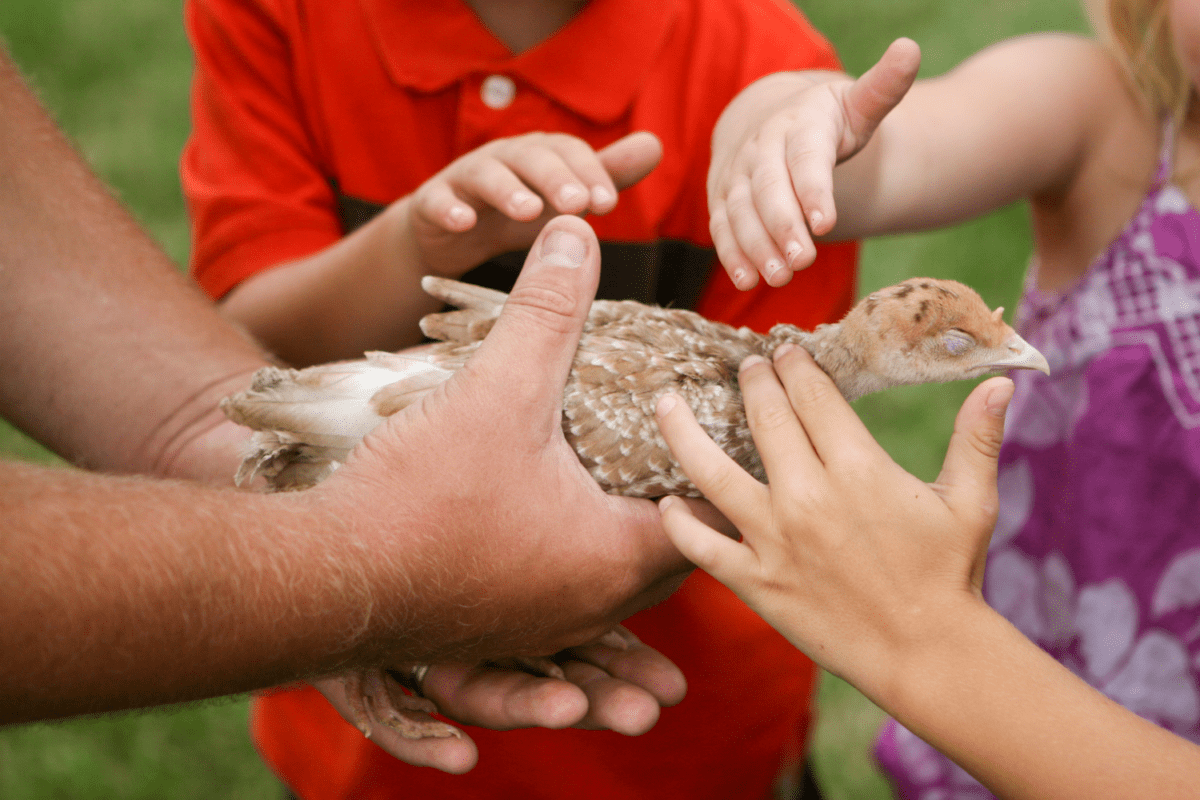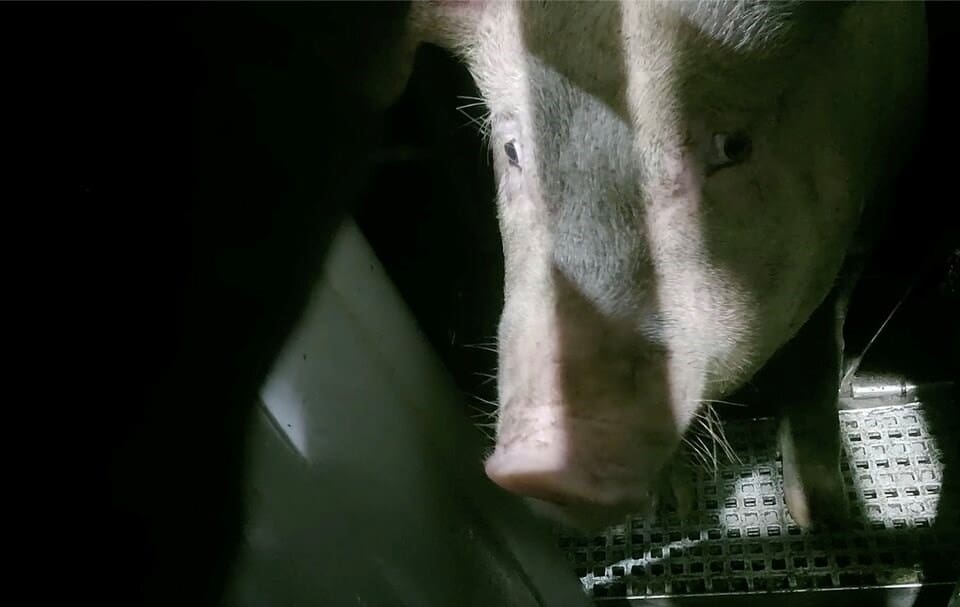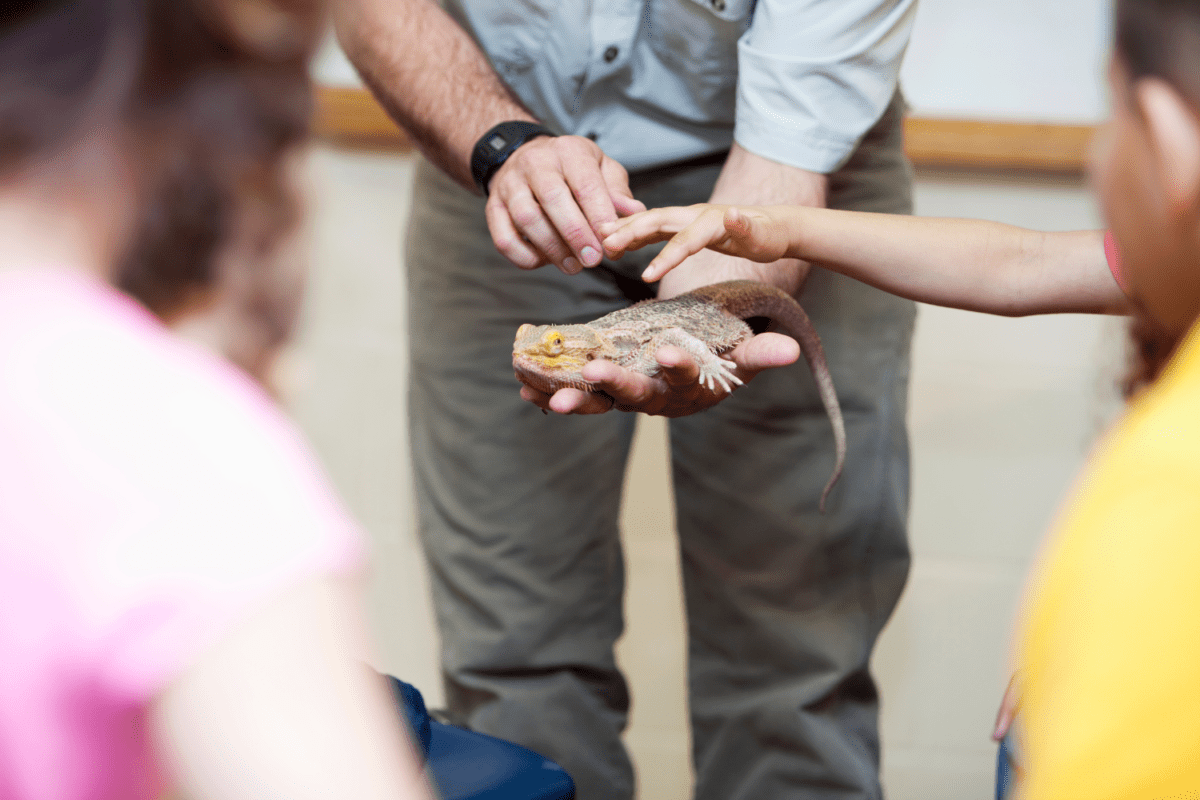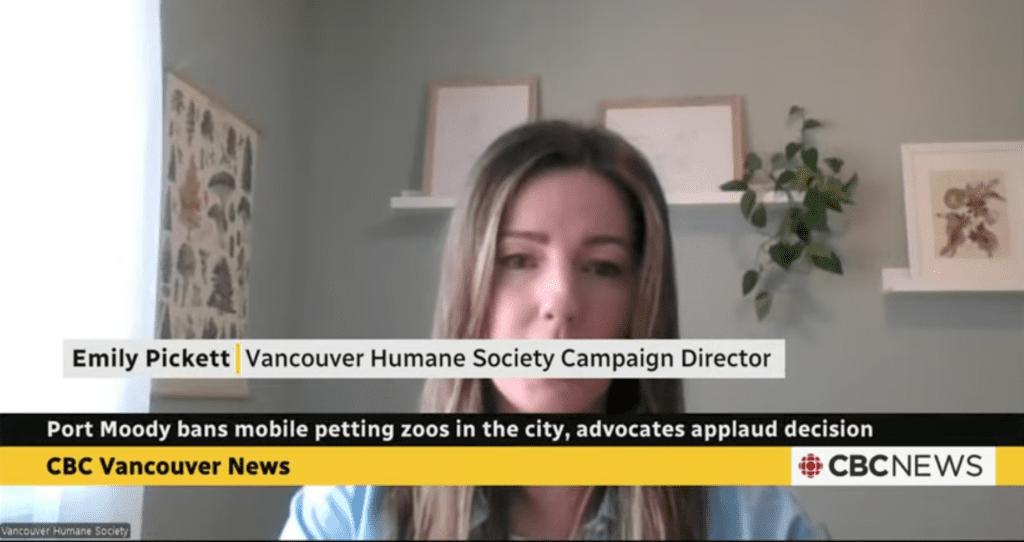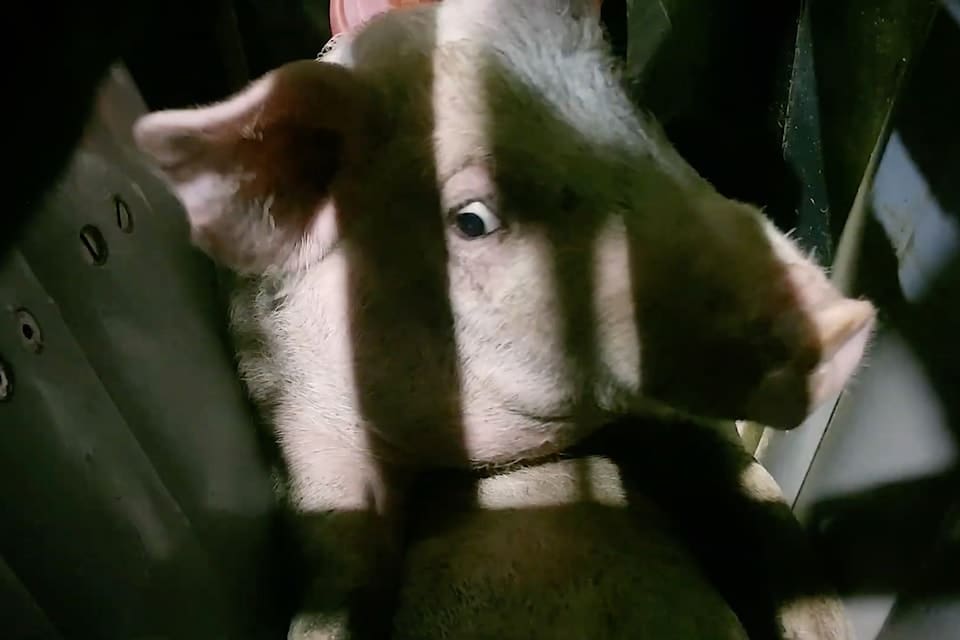FOR IMMEDIATE RELEASE
VANCOUVER, April 17, 2025 – The Vancouver Humane Society (VHS) is reiterating concerns after learning that a 3-year-old horse was injured and euthanized during a recent timed workout at Vancouver’s Hastings Racecourse.
On April 13, 2025, a horse named Wynn Magic suffered a compound fracture to the left front leg and was euthanized, B.C.’s Gaming Policy and Enforcement Branch (GPEB), which oversees horse racing in the province, confirmed to the VHS in an email.
This death comes just weeks before the scheduled start of the 2025 horse racing season at Hastings and follows a controversial 2024 racing season, which resulted in four horse fatalities. In 2023, there were eight horse fatalities at Hastings. The VHS is concerned that the 2025 season will see more tragic and avoidable horse injuries and fatalities.
“It’s not a matter of if, but when, the next horse will lose their life entertaining a crowd,” said VHS Executive Director, Amy Morris. “That’s why we’re urging the public to rethink attending horse races and calling on decision-makers to invest in alternative community events – ones that bring people together without putting animals at risk.”
The organization has also raised concerns regarding welfare issues around horse racing, including stressful, aversive training methods, the use of painful tools like whips and bits, the breeding of thoroughbred horses for speed rather than skeletal strength, and the risk of being auctioned off for slaughter for horses who are no longer profitable at the end of their short careers.
The VHS is encouraging the public to take the organization’s pledge not to attend horse races and instead choose entertainment events free of animal suffering.
– ends –
SOURCE Vancouver Humane Society
For more information, contact Amy Morris: (604) 993-0167, amy@vancouverhumanesociety.bc.ca


